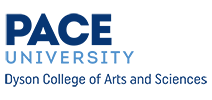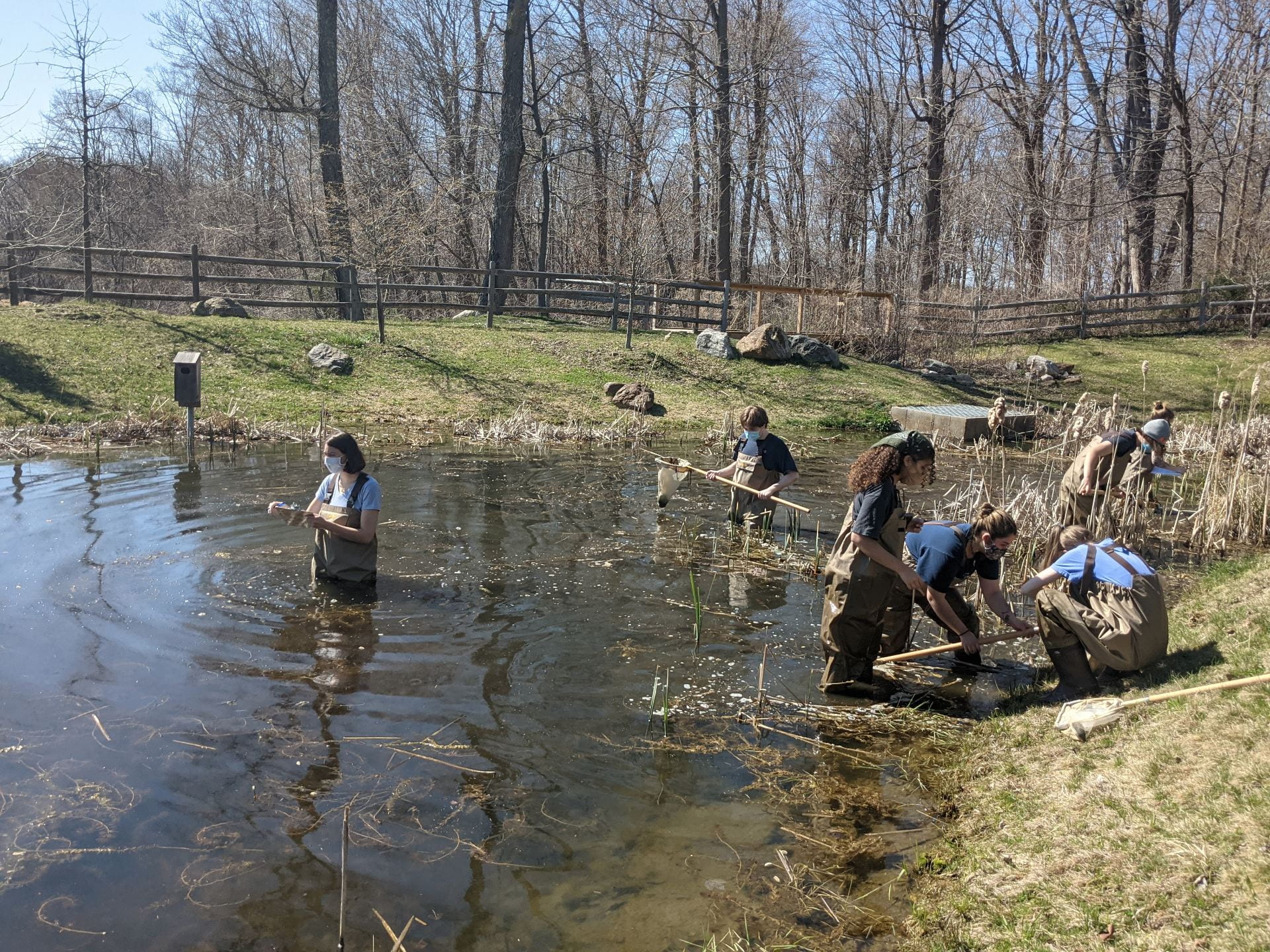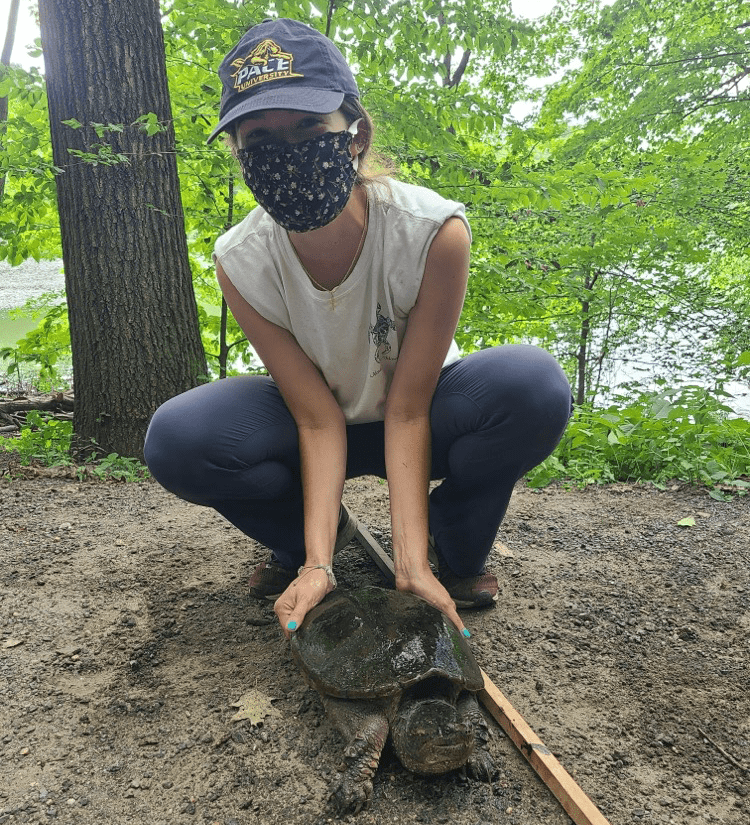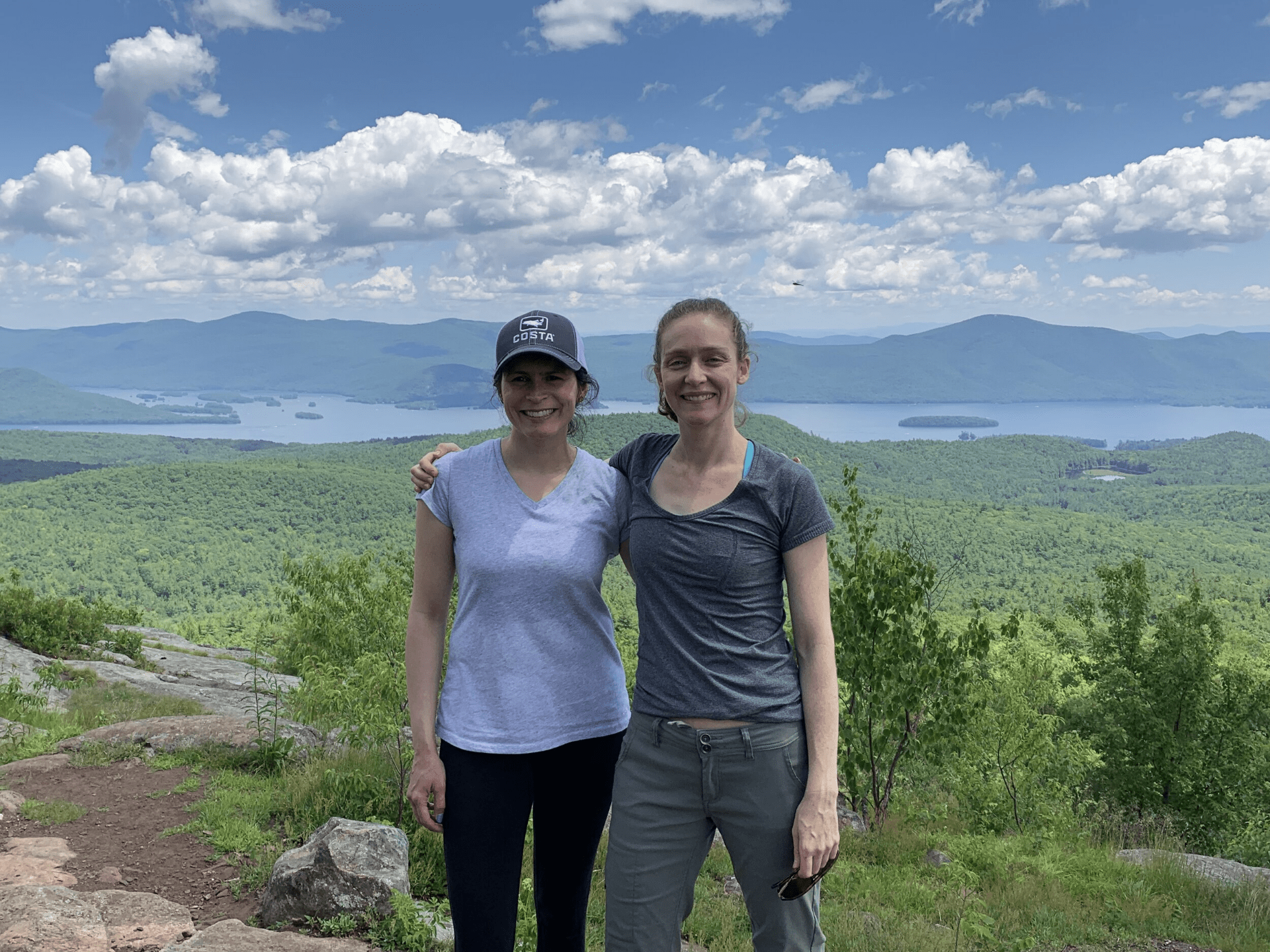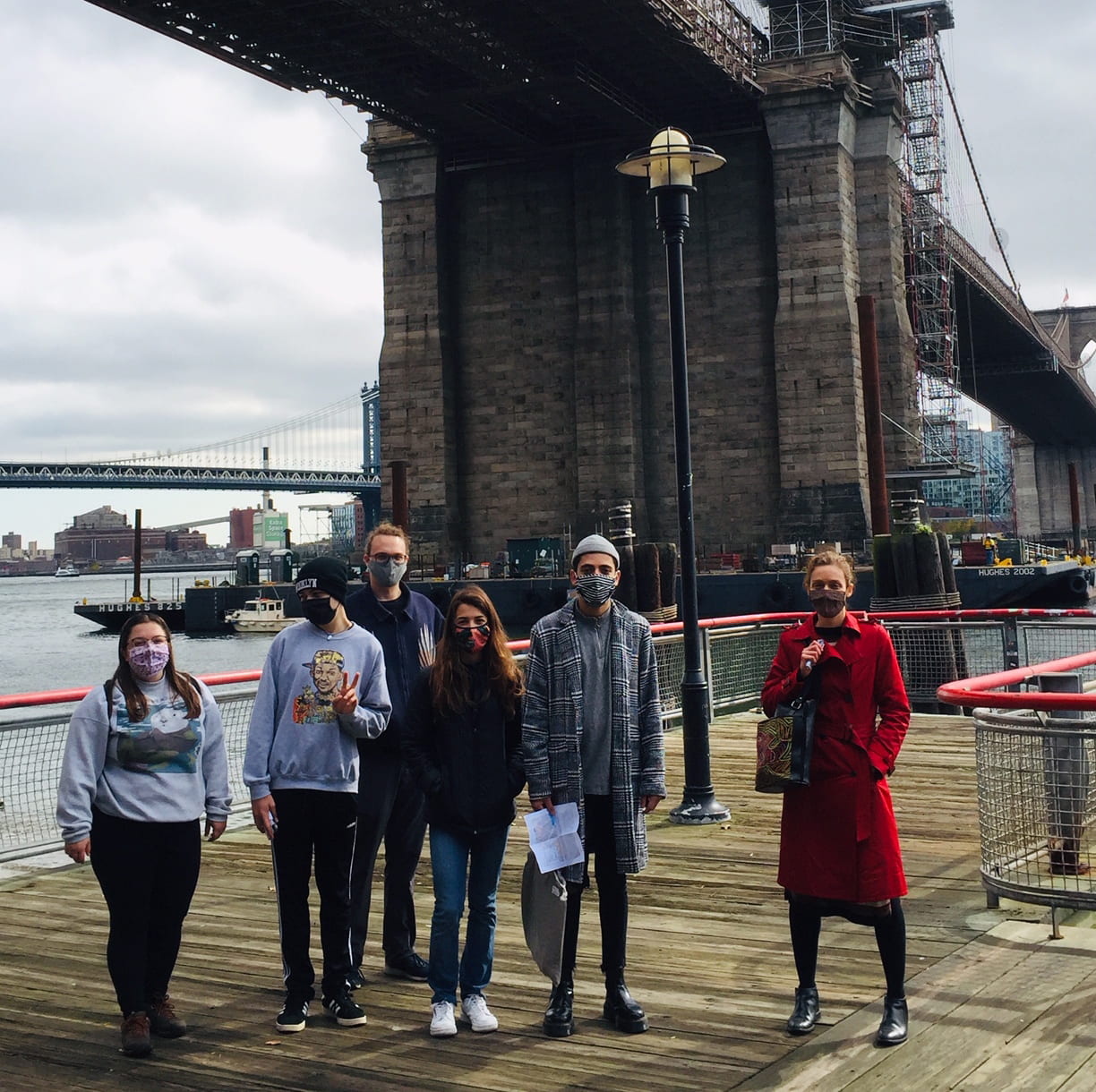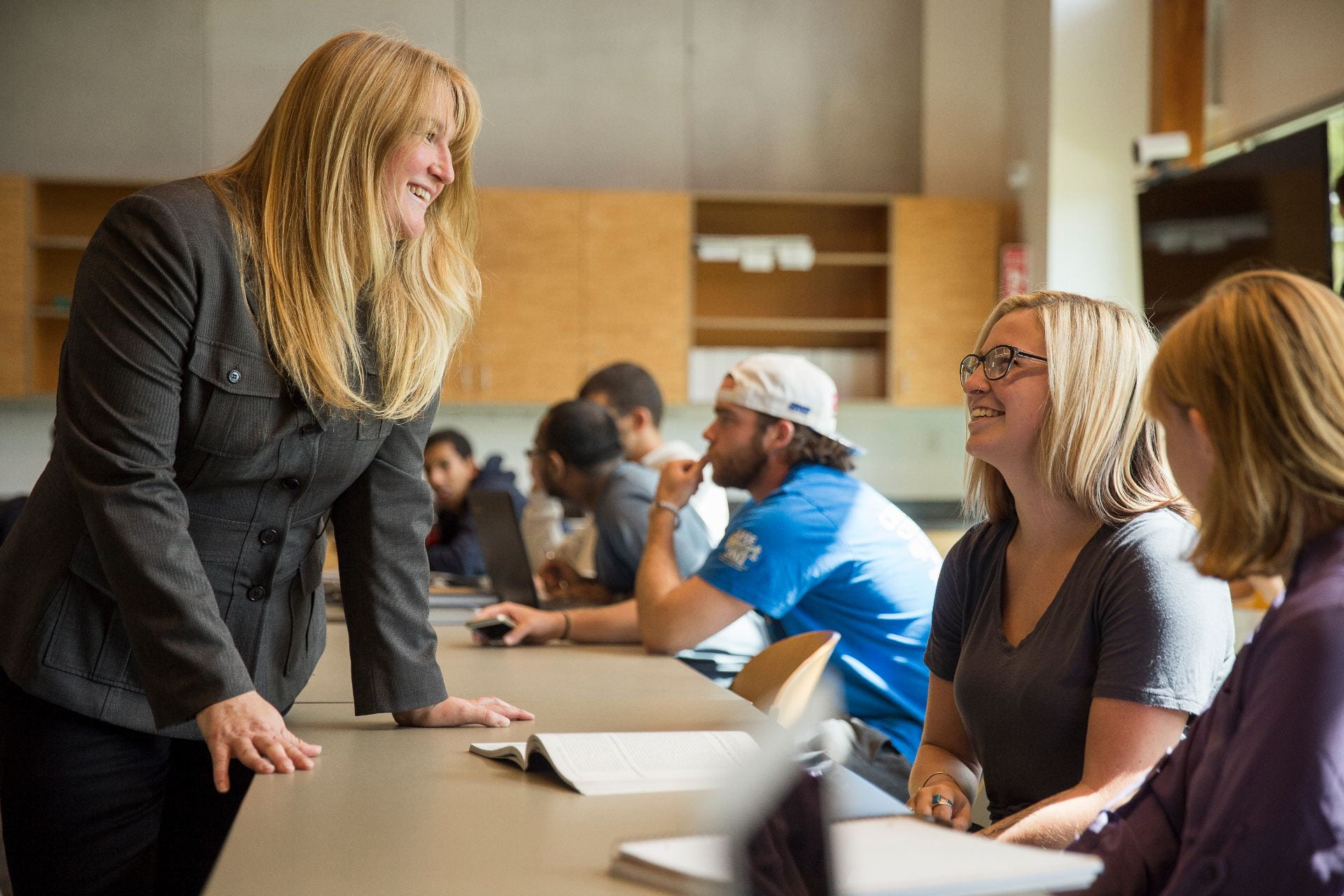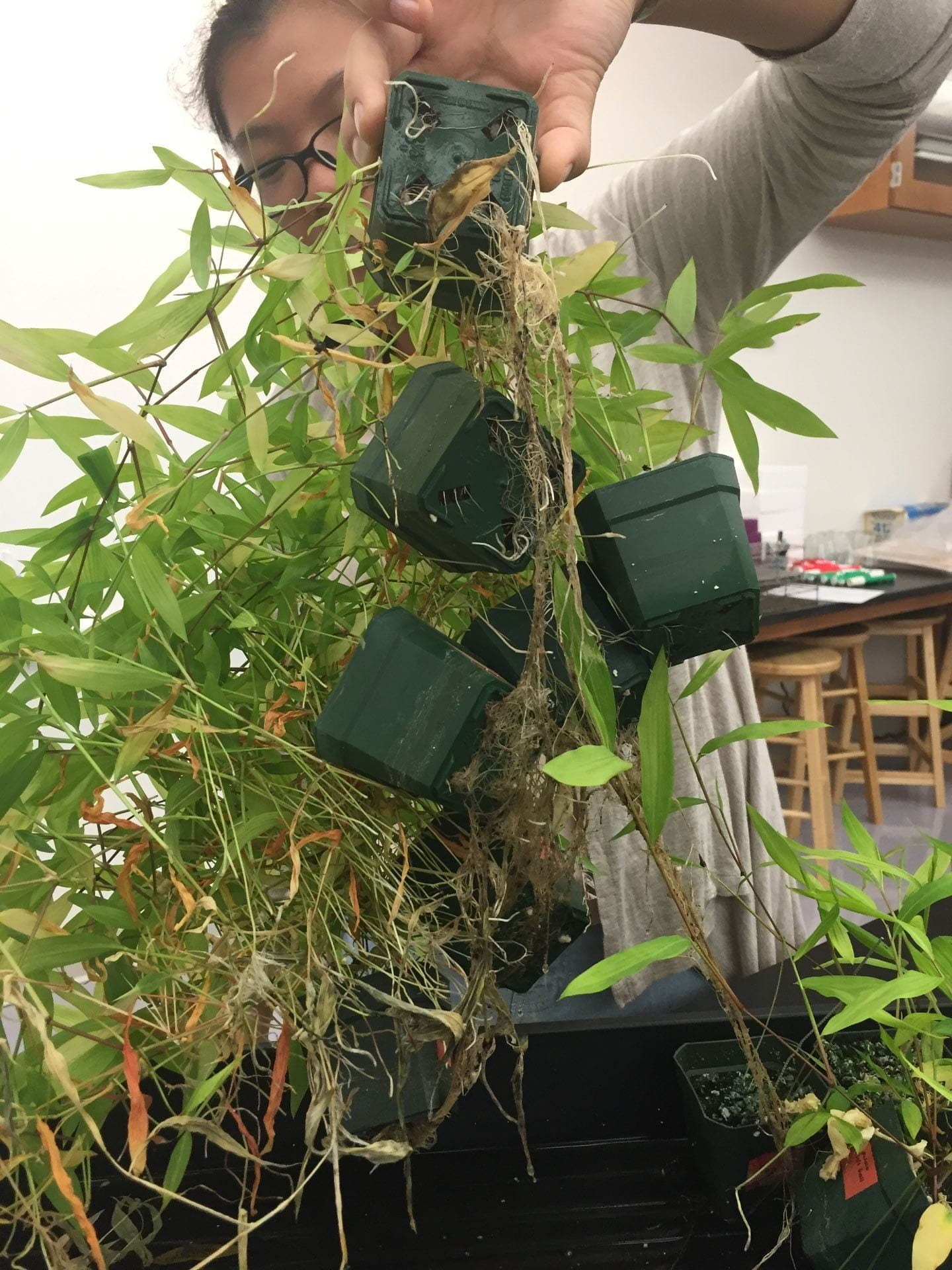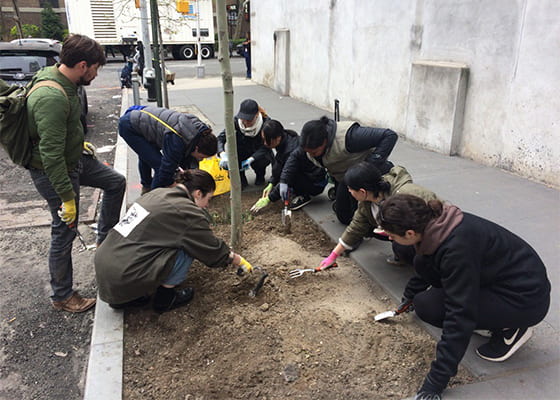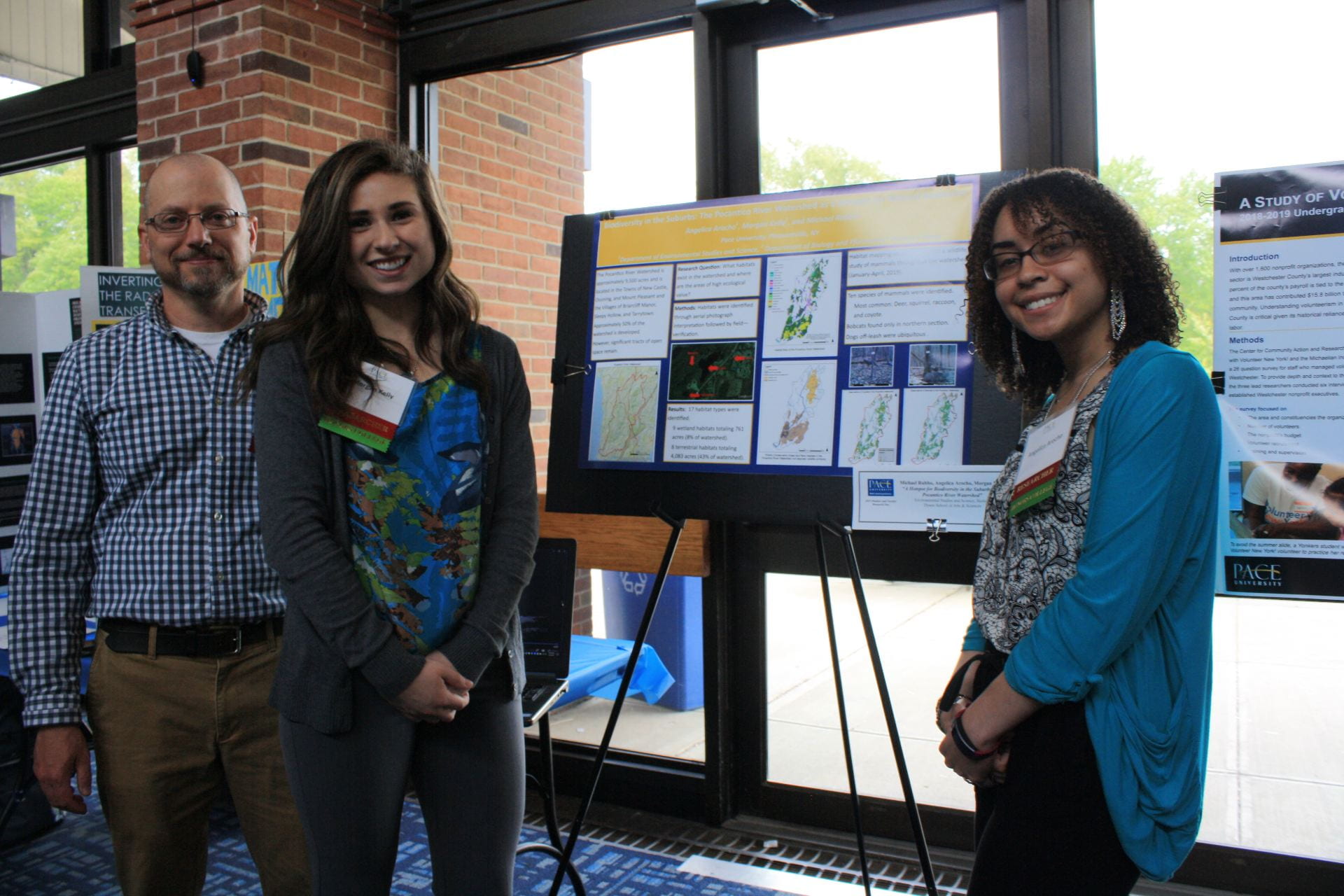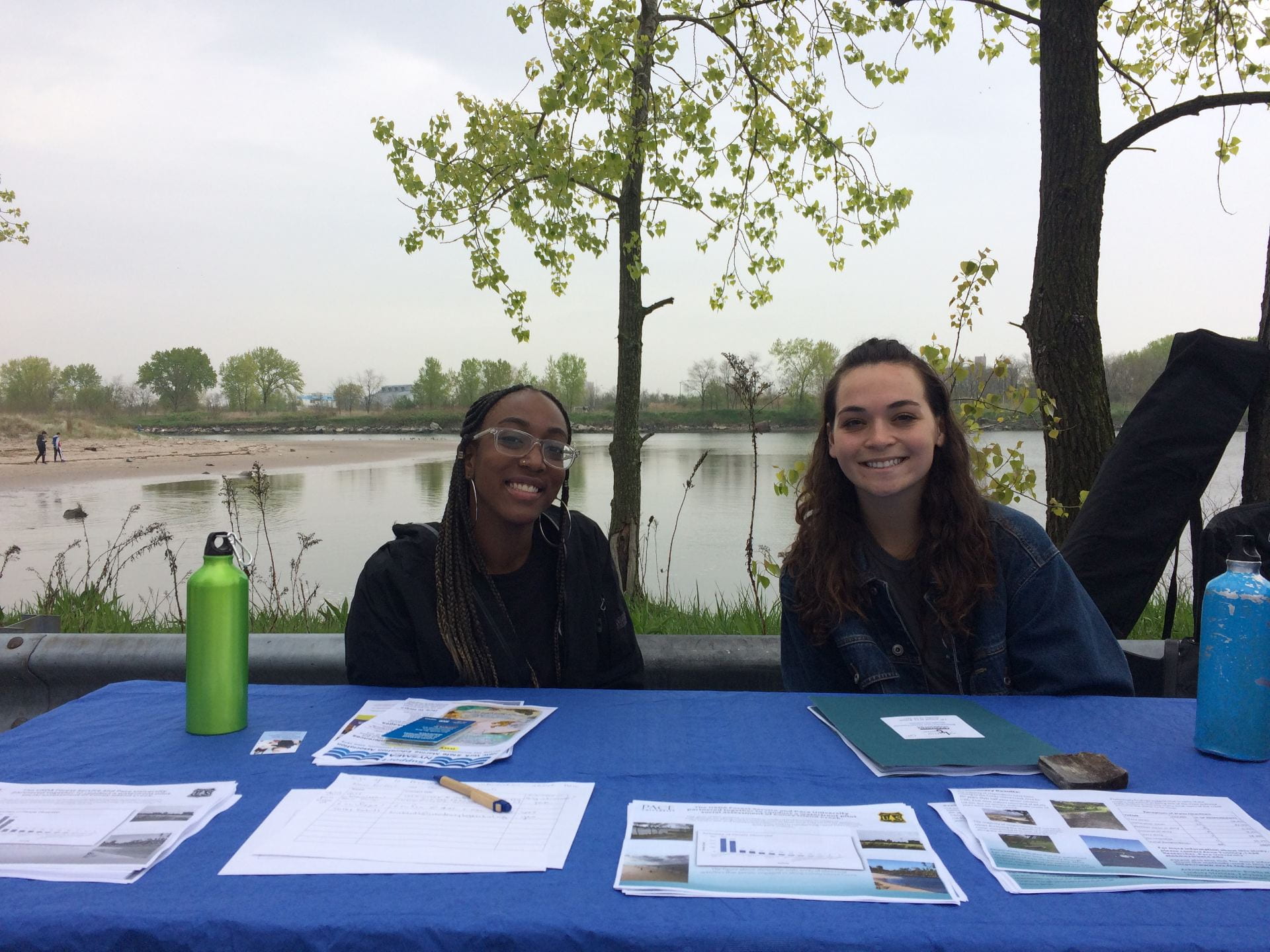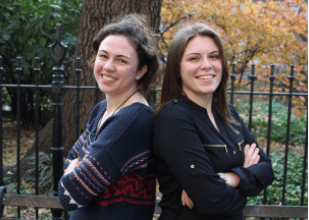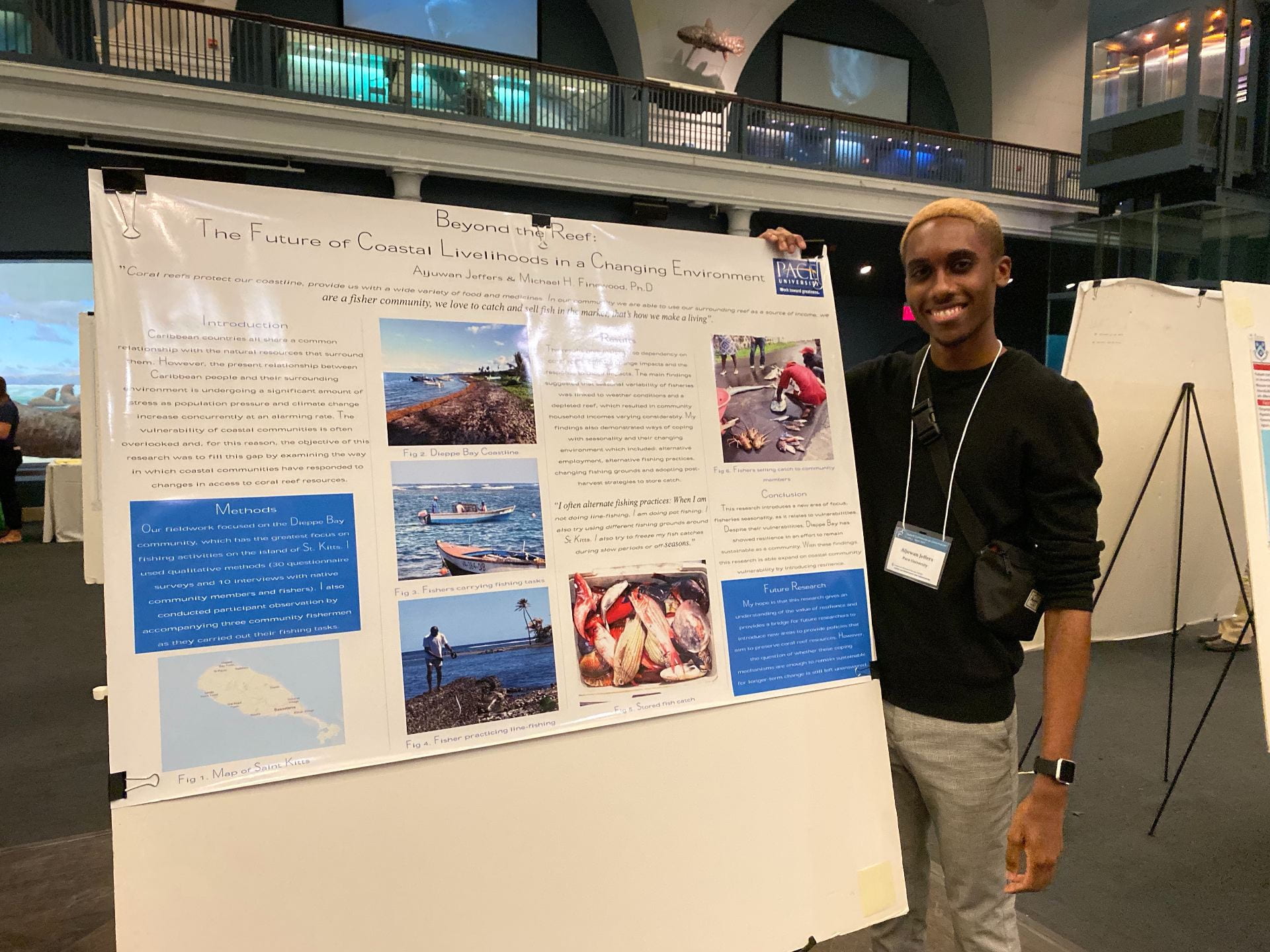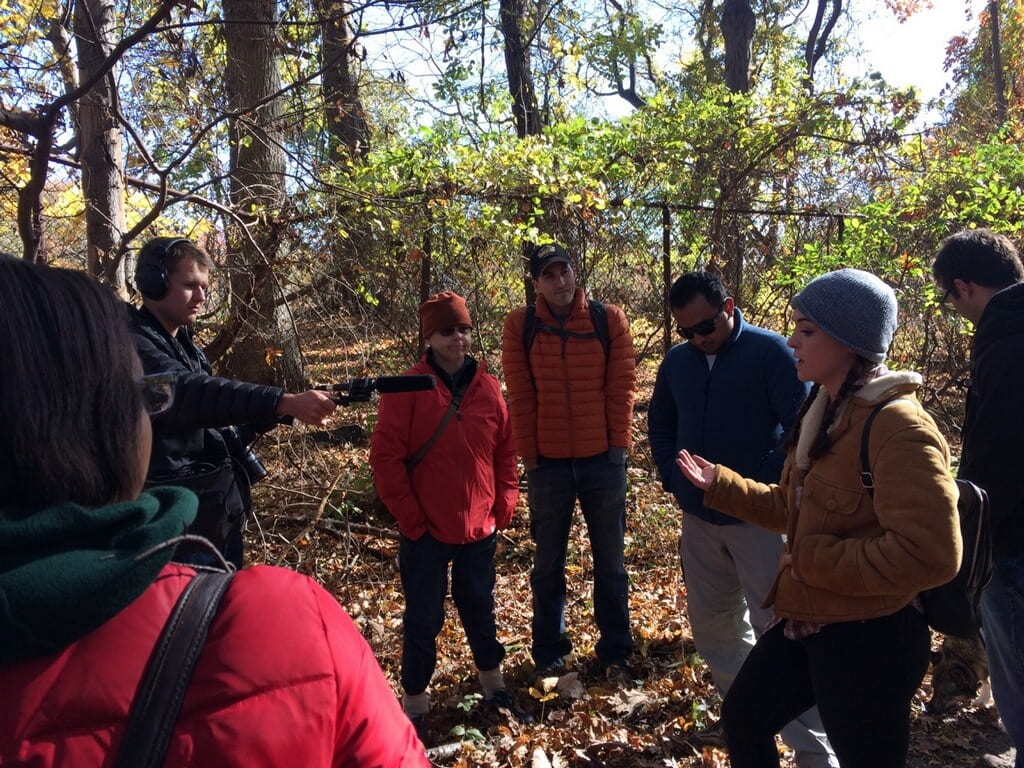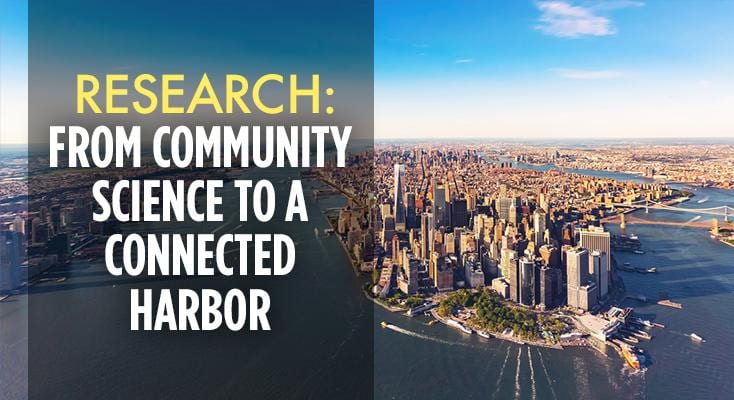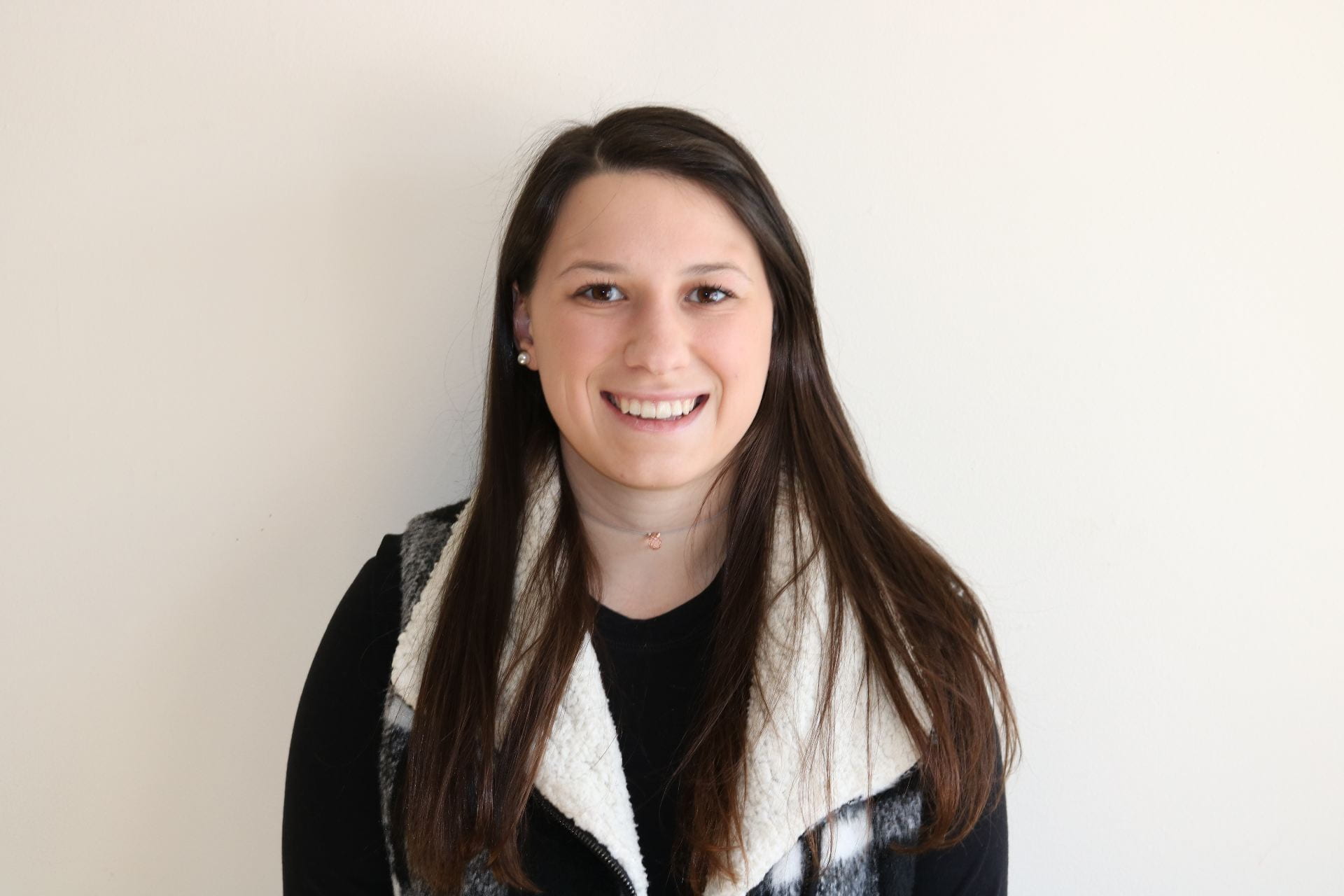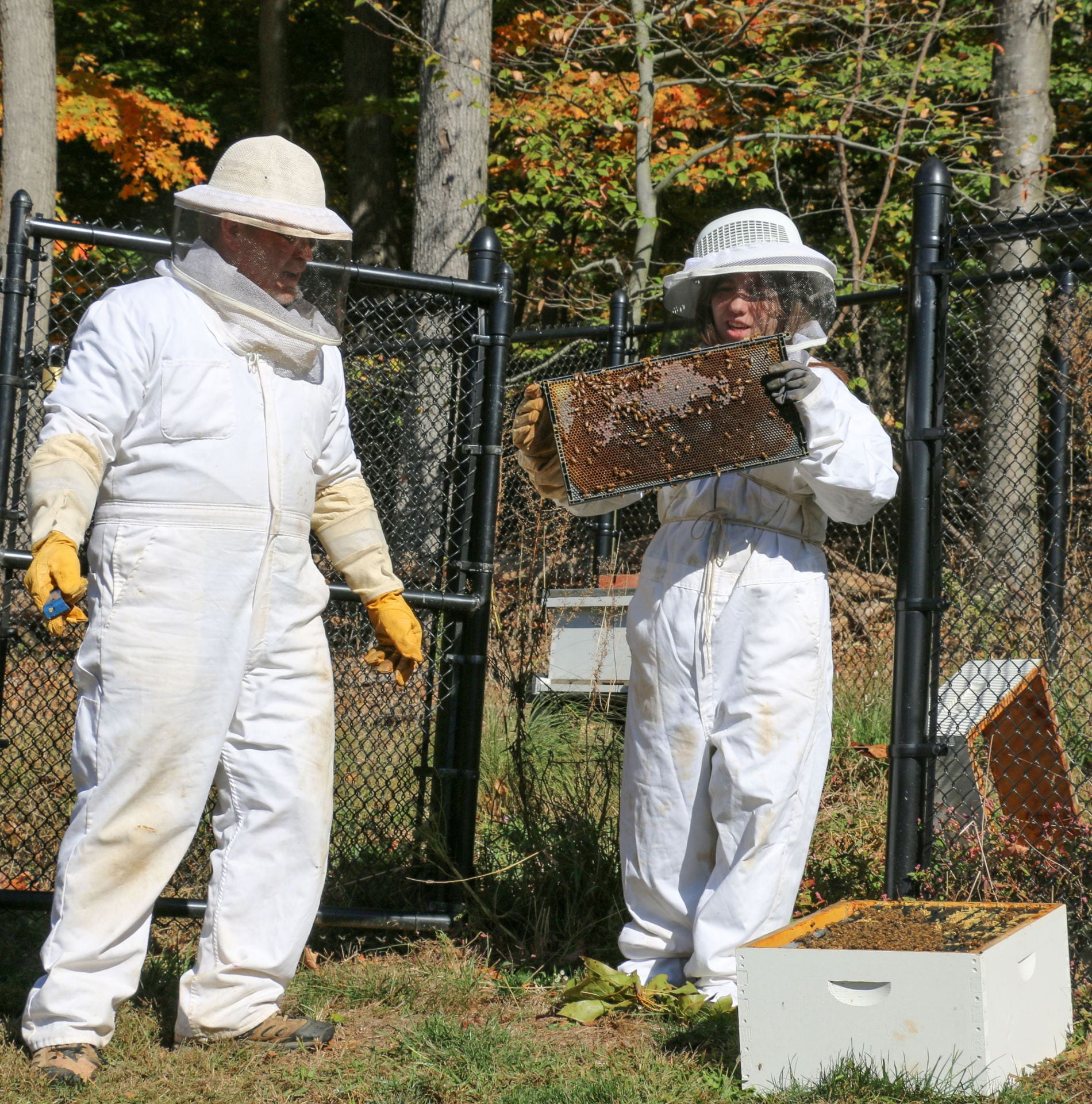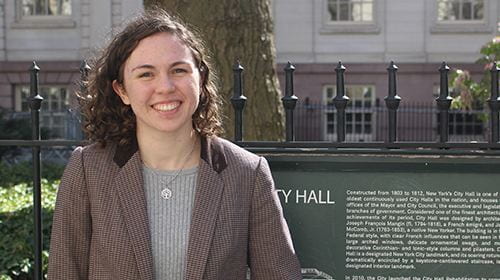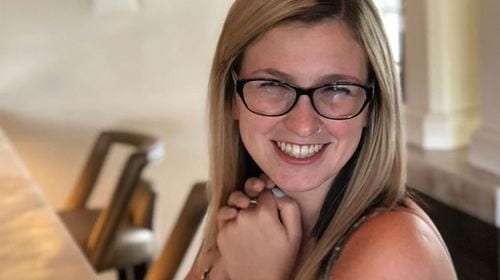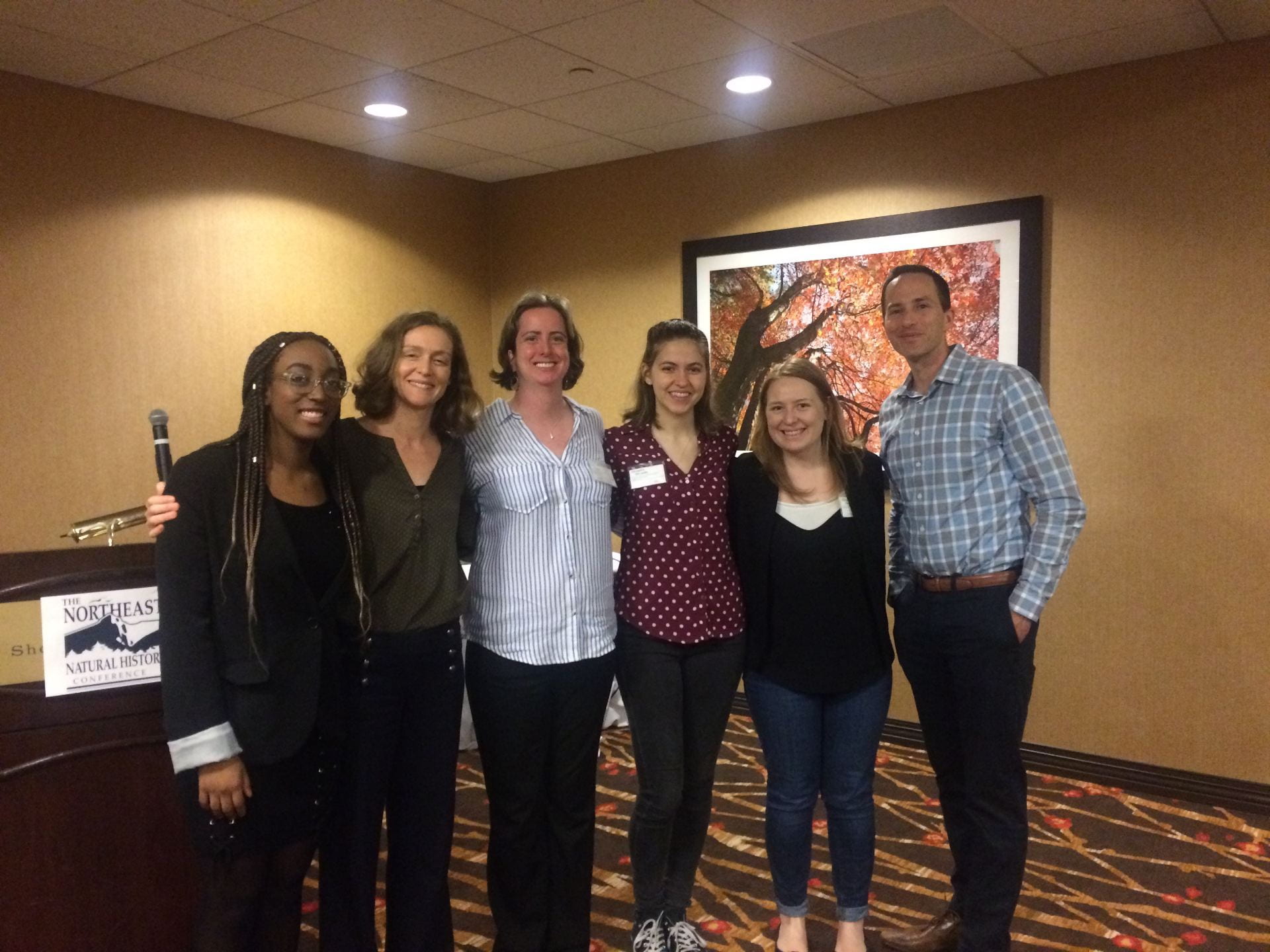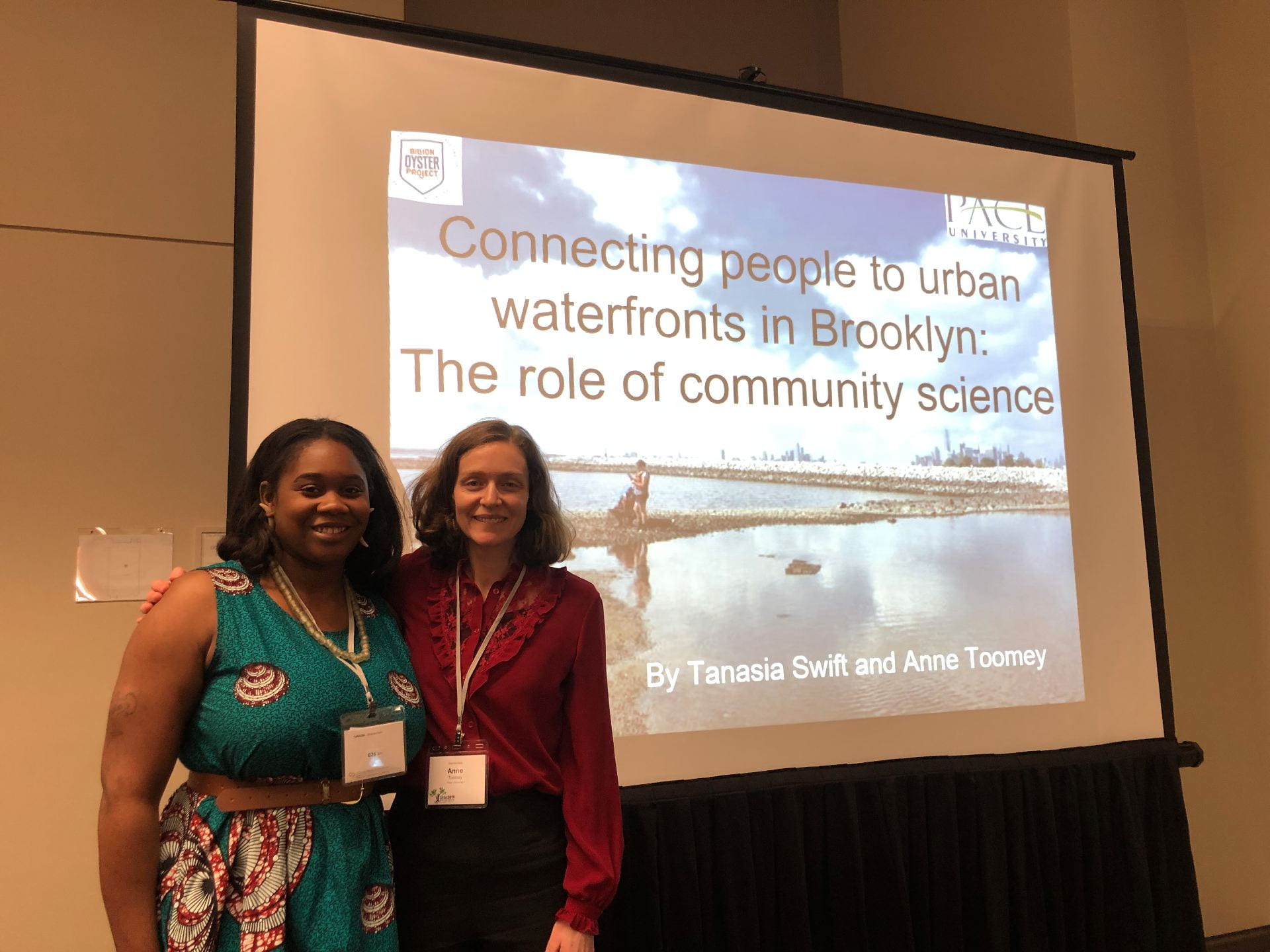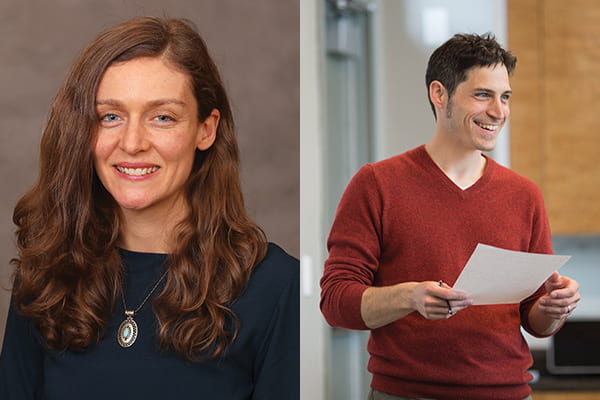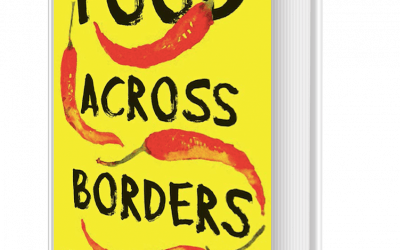News From the Environmental Studies and Science Department
Soil Restoration Project at Pace’s NYC Garden
In early April, the Pace Sustainability Committee (PSI), a student-run environmental organization, coordinated a soil restoration project in Pace University’s New York City on-campus garden.
Catching Tadpoles
Prof. Rubbo’s Fundamentals of Environmental Science II course spent Thursday afternoon examining the ponds on Pace’s Pleasantville campus. Students were looking for sources of pollution, and they loved catching tadpoles.
Kaylyn Murphy ’18 Awarded Foley Graduate Fellowship
Kaylyn Murphy ’18 has recently accepted the Foley Graduate Fellowship in Natural Science Education with Walking Mountains Science Center in Colorado.
ESS Student Wins Jefferson Awards for Public Service
The Jefferson Awards for Public Service recognize individuals for their public and volunteer service, and dedication to improving the quality of life in their communities.
Two ESS Professors Named Periclean Faculty Leaders
Environmental Studies and Science researchers and professors, Anne Toomey, PhD, and Monica Palta, PhD, have been selected as awardees of the Periclean Faculty Leadership Program (PFL) in STEM and Social Sciences.
NYC Water Justice Tour
On Tuesday, October 27, students joined Dr. Toomey on a walking tour of lower Manhattan where students, faculty, and staff were able to explore New York City’s complicated past, present, and future of water justice in lower Manhattan.
Governor Cuomo Signs Pace University Endangered Species Bill
Governor Cuomo has signed into law a bill based on research conducted at Pace University’s Environmental Policy Clinic.
Protect Scientific Diversity
Two Environmental Studies and Science researchers and professors, Anne Toomey, PhD, and Monica Palta, PhD, are championing a call to protect scientific diversity with help from international scientists.
ESS Student Wins Dyson College Scholastic Achievement Award
Winnie Zhao ’20, Environmental Science graduating student, won the Dyson College Scholastic Achievement Award.
Pace Sustainability Initiative Wins Big
The Pace Sustainability Initiative won the Dean Emanuel Heller Meritorious Service Award, given to the Pace University student organization that demonstrates outstanding collective participation in University and community affairs.
Biodiversity in the Suburbs
Clinical Associate Professor Michael Rubbo and students Angelica Arocho ’22 and Morgan Kelly ’20 presented their research entitled “Biodiversity in the Suburbs: The Pocantico River Watershed as a Hotspot for Natural Resources” at the 2019 Student and Faculty Research Days.
Coney Island Urban Waterfront Governance
Assistant Professors Monica Palta and Anne Toomey teamed up on a project to investigate the social-ecological dynamics of urban waterfront governance along the Coney Island Creek in Brooklyn. Various Pace students and alumni have been involved in this research and have contributed to a paper that combines the natural and social science data to tell a larger story of human-waterfront dynamics in New York City.
Defending the Hudson River
Pace University Environmental Policy Clinic students Christina Thomas ’19 and Margaret (Peggy) Doyle ’19 participated in an official US Coast Guard process of governance.
2019 Student Conference on Conservation Science
Several ESS undergraduate and graduate students attended the 2019 Student Conference on Conservation Science at the American Museum of Natural History.
ESS Student-Led Paper Gets Published
Tatyana Graham ’22, BA in Environmental Science, Brielle Manzolillo ’17, BA in Environmental Studies and Nadya Hall ’18, MA in Environmental Policy, recently had their research published in Cities and the Environment, an academic journal focused on the ecology of urban communities.
Research: From Community Science to a Connected Harbor
Assistant Professor Anne Toomey, PhD, and her research assistants are engaging teachers and community scientists to understand the link between city-dwellers and environmental education in New York City.
Pace Policy Grad Working for Senator Charles Schumer
Nicole Virgona ’18, MA in Environmental Policy, is working as the regional deputy director of Senator Charles Schumer’s (D-NY) Hudson Valley office, sustaining the MA in Environmental Policy program’s 100 percent post-grad employment rate.
Pace’s Bee Campus
Pace University’s Pleasantville campus has become certified as an affiliate of the Bee Campus USA program, joining 90 other campuses around the country. This designation was awarded based on Pace’s commitment to creating a sustainable habitat for pollinators.
In Washington or New York City’s City Hall, Graduating Senior and Dual Major Christina Thomas Gets Things Done
Christina Thomas ’19, talks about her time at Pace as a dual Economics and Environmental Studies major and working in the New York City Mayor’s Office of Resiliency and Recovery as part of a one-year paid internship.
MAEP Student Allie Granger ’19 Brings Her Passion for Policy to Congress
Alexxis (Allie) Granger ’19, MA in Environmental Policy (MAEP), discusses her experience with the MAEP program and her transformative externships at Riverkeeper, the Humane Society of the United States, and the United States Congress.
Are Coyotes “Natural”?
Assistant Professor Anne Toomey, PhD, and Environmental Science student Tatyana Graham ’22, presented a talk entitled, “Are Coyotes “Natural”? Perceptions of Coyotes in New York City” at the 19th Northeast Natural History Conference (NENHC) on April 14 in Springfield, MA.
Professor Presents at Citizen Science Association Conference
Assistant Professor Anne Toomey, PhD, and Tanasia Swift, the Community Reefs Regional Manager at Billion Oyster Project, presented a talk together at the Citizen Science Association Conference in Raleigh, NC. Their talk discussed the social-cultural dynamics of two Brooklyn communities – Coney Island and Canarsie – and the role of community science in bringing New Yorkers closer to their waterfront.
Professors’ Paper Published in Ambio
Assistant Professors Anne Toomey, PhD, Matthew Aiello-Lammens, PhD, and colleagues from Lancaster University, the Bolivian Collection of Flora and Fauna, and the Wildlife Conservation Society, co-authored a paper that was recently published in Ambio about low dissemination rates among scientists and why local knowledge exchange is so important for conservation.
Food Across Borders
ESS Professor E. Melanie DuPuis, PhD, contributed to and co-edited the book, “Food Across Borders,” about geopolitics and food.
